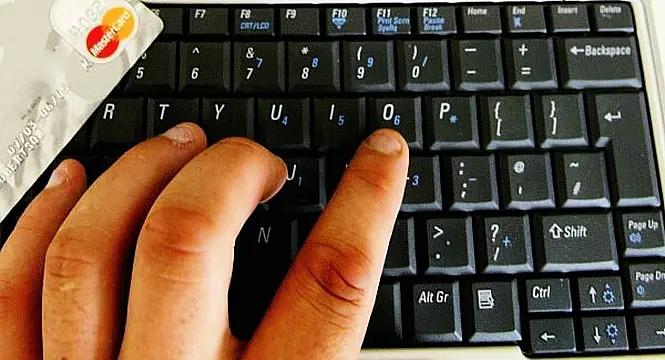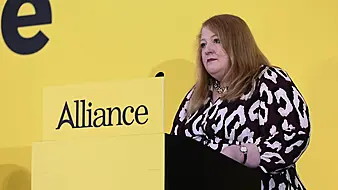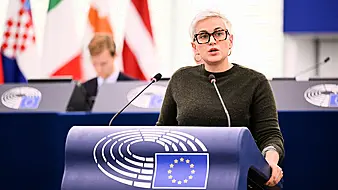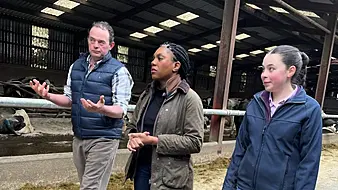Minister of State James Browne has said laws in relation to gambling are completely out of date and new legislation was essential to tackle the issue.
A new ESRI report shows Ireland's gambling problem is far worse than previously thought, with 130,000 people considered problem gamblers, a figure 10 times higher than previous estimates.
A further 7 per cent of the population show 'moderate' evidence of a gambling problem, while a further 590 thousand people reporting some problematic gambling experiences or behaviours.
Speaking on RTÉ radio’s Morning Ireland, Mr Browne said that legislation he has drawn up has passed committee stages and was now heading towards the final stage in the Dáil.
“Our laws are completely outdated, they are from the 1920s and the 1950s. They're not fit for purpose or don't even exist in so many areas. I remember about 12, 15 years ago there was a lot of concern about a casino maybe setting up in Tipperary.
"The reality is now every 12 year old controls the casino in their back pocket. So this is urgent legislation and we're treating it urgently.”
Included in the proposed legislation will be a levy on all of the gambling industries to fund education awareness and treatment around issues, around gambling addictions, said Mr Browne.
“I think that is part of the budgetary negotiations. The betting levy doesn't come under the Department of Justice, but within this legislation there is a clear additional levy that would be put onto all gambling activities to get further funding from the gambling industry. It's a massive industry that makes an awful lot of money. I certainly wouldn't object to seeing further money being collected."
Mr Browne said that the ESRI figures show the extent of “this very serious addiction.”
“This is some of the strictest government legislation in Europe that we're bringing forward as it is.” If necessary it would be reevaluated as the industry changed.
“This is an industry that can cause huge amounts of personal damage to families that can absolutely be destroyed and that needs to be recognised.”
The new legislation was attempting to strike a balance, he said. “The industry is not regulated.
“When you look at the size of the industry, when you look at the public health impact, the industry has to understand that it has to contribute towards fixing the damage that is done. Many people gamble safely, but there is a huge public health impact as a result of the industry.”







